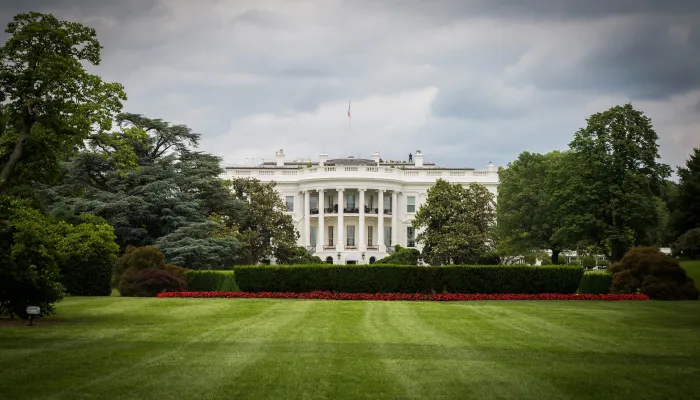Bipartisan Proposal for Medicare and Medicaid Fraud Prevention Introduced
In an effort to help address the unsustainable growth of our health care programs, a few legislators are reaching across the aisle in an effort to both curb costs and protect citizens. In an article in The Hill, Senators Tom Carper (D-DE) and Tom Coburn (R-OK), and Representatives Peter Roskam (R-IL) and John Carney (D-DE) described their recent legislation that addresses fraud prevention in Medicare and Medicaid. The Preventing and Reducing Improper Medicare and Medicaid Expenditures Act (PRIME Act) will address fraudulent prescriptions, impersonations, and overpayments, among other things, which they estimate to cost taxpayers $60 billion per year.
The group touts the bill as a way to easily reduce Medicare and Medicaid spending without hurting beneficiaries. They call on legislators to act upon easily-agreed reform that utilizes up-to-date technology and best practices to ensure that funds in the two programs are spent wisely. They write:
Our bill also makes it more difficult for bad actors to misuse doctors’ identities to inappropriately prescribe drugs, including controlled substances, by requiring the Medicare prescription drug program to verify the prescriber’s legitimacy before paying for the medication. In 2007 alone, $1.2 billion in Medicare prescription drug claims contained prescriber identifier numbers that were not valid.
The PRIME Act also makes it a crime to fraudulently buy, sell or distribute Medicare and Medicaid patient information, specifically beneficiary identification numbers. Furthermore, our legislation encourages information sharing between federally administered Medicare and state-administered Medicaid to prevent fraudulent activity in both programs.
Medicare fraud affects millions of seniors each year, and PRIME calls for actively engaging the very patients that rely on Medicare to help fight it. Today, a team of volunteers and staff, the Senior Medicare Patrol, help Medicare patients report instances of suspicious or wasteful practices in the program. The PRIME Act would build on this program by better engaging and incentivizing those enrolled in both Medicare and Medicaid to find and report suspicious charges or practices, creating a stronger front-line defense against fraud and abuse.
On the business side, the PRIME Act takes steps toward holding contractors more accountable and harnessing basic business incentives to reduce errors. Unfortunately, even though today we have systems to catch mistakes after the first offense, officials aren’t doing a good job of making sure the same mistake isn’t made again. Last year, the Medicare “fee-for-service” program made almost $30 billion in improper payments, a startling 8.5 percent error rate. Currently, the government contractors who handle the billions of annual Medicare claims get paid the same amount regardless of their level of accuracy. PRIME makes sure these companies have skin in the game when it comes to reducing errors and fraud by ensuring that the government’s contracts are based in part on contractors’ level of accuracy.
Senator Coburn previously has teamed up with former Senator Lieberman (I-CT) to propose Medicare reforms, which was recently scored by Center for Medicare and Medicaid Services's Office of the Actuary (OACT) as saving $536 billion over the next ten years. While not scored by the OACT, the fraud-reducing measures in Coburn and Lieberman's Medicare proposal could provide additional savings. There is also the FAST Act, introduced last Congress, which is similar to the PRIME Act and had bipartisan backing. The Bipartisan Path Forward also included reducing Medicare fraud, with roughly $25 billion in savings.
We recognize that reaching any agreement on entitlement reform will be difficult, but it is necessary to ensure our long-term fiscal solvency. Reducing fraud will not be sufficient to slow the growth in health care spending to a sustainable rate, but it is a good first step, and the four lawmakers should be commended for the effort.


